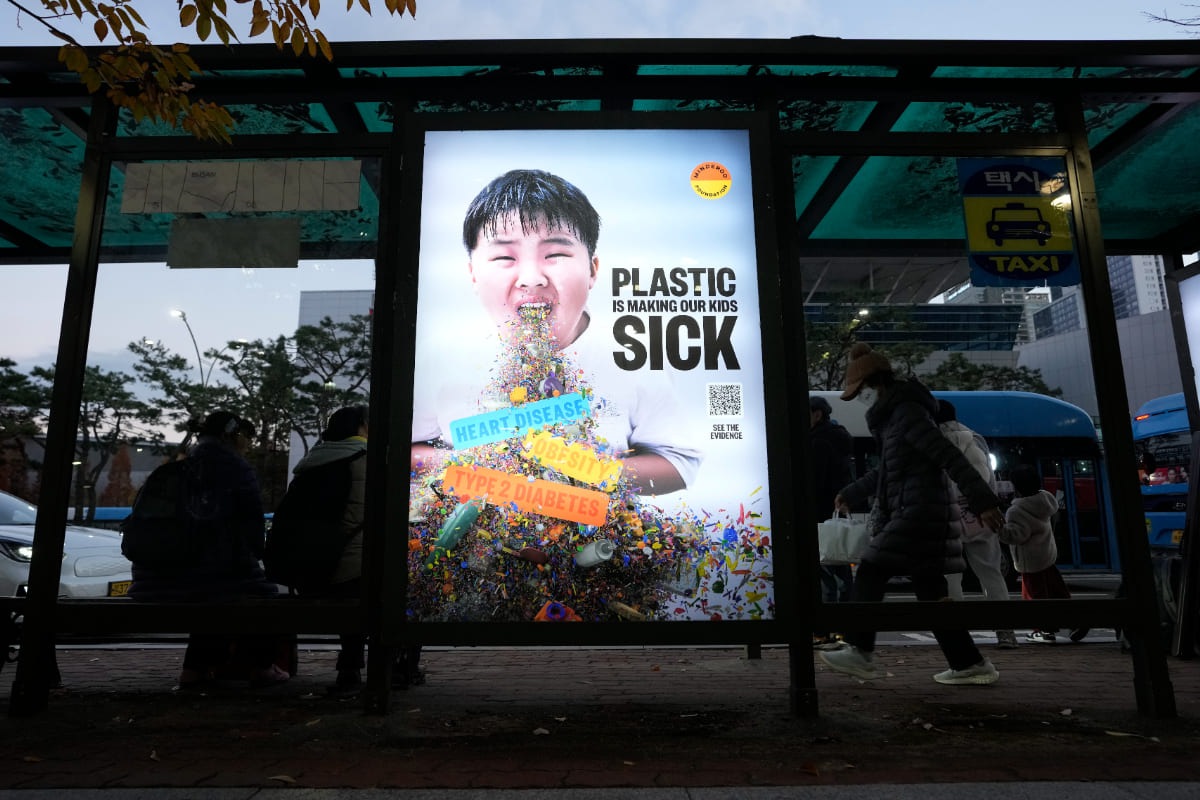
Let’s get started!!
The fifth U.N. Intergovernmental Negotiating Committee failed to reach an agreement on curbing plastic pollution on Dec. 2. There were hopes that this final meeting would produce a legally binding global treaty. However, countries could not agree. Key decisions were postponed to a later date.
Some of the divisive issues include cutting plastic production, managing plastics and chemicals, and funding support for developing countries. More than 100 countries wanted to reduce the production of plastic.
On the other hand, several oil-producing countries such as Saudi Arabia tried to delay the negotiations.
“A treaty that only relies on voluntary measures would not be acceptable,” said Juliet Kabera, director general of Rwanda’s Environment Management Authority. “It is time we take it seriously.”
国連の第5回政府間交渉委員会は、12月2日、プラスチック汚染を抑制するための合意に至らず閉幕した。今回の会合では、法的拘束力のある世界的な条約の採択が期待されていた。しかし、各国間の意見の対立があり、重要な決定は後日へ持ち越された。 対立の主な論点は、プラスチック生産の削減や、プラスチックおよび化学物質の管理、発展途上国への資金援助などである。 100を超える国がプラスチック生産の削減を求めた一方、サウジアラビアなど一部の産油国は交渉の進展を遅らせる姿勢を示した。 ルワンダ環境管理庁のジュリエット・カベラ長官は、「自主的な対策に頼る条約は認められない。真剣に取り組むべき時だ」と述べた。
【p. 1 Top news】
本文のa legally binding global treatyは「法的拘束力のある国際的な条約」ということ。ここで使われているlegally bindingのlegallyはlegal(法律の、合法な)の副詞形で「法的に」という意味。bindingはbind(縛る)のing形。つまり「法的に縛る」から「法的拘束力のある」という意味になる。特に何らかのルールを策定する場面でよく使われる表現だ。
◆The contract is legally binding for both parties.
(その契約は両陣営にとって法的拘束力がある)




